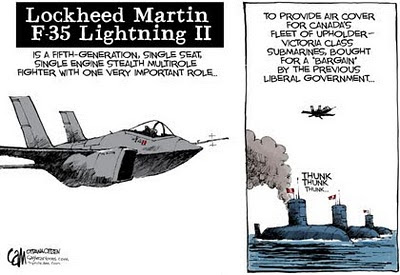Dave Eggers and John Prendergast have an
op-ed on Sudan in the NYT. They discuss how the US helped to build an agreement between the government of Sudan and the Southern Sudanese secessionists. The agreement called for the south to have some autonomy while being given a role in the central government, a split of the oil money, and a referendum in 2011. They note that Sudan is now likely to subvert or ignore the results of the referendum.
This should not be surprising at all, as this would not be the first time that the Sudanese government violated an agreement it made with the south. This has been a long-running conflict (for more than a couple of decades) as as the north has dominated the government and reneged in agreements over the years. It may be the case that the Southern Sudanese have not always been a perfect partner, but the toll of the conflict has been paid almost entirely by the south.
The problem here, as in many conflicts, is how to get both sides to commit credibly. Each has incentives to defect from agreements and prepare for war, particularly given the likelihood that one side or another will defect.
Eggers and Prendergast see the US and the International Community as key actors here, forcing change. The US special envory, Major General Scott Gration has said: “We have no leverage. We really have no pressure.” But the authors of the op-ed see otherwise. And by doing so, they repeat a classic problem in the scholarship on the international relations of ethnic conflict: the assumption that outsiders do not have the same credibility problems as locals. Sure, outside actors may not have the same kind of incentives to cheat on an agreement that incumbents in the conflict might--that is, the incumbents might lose power. But, on the other hand, the benefits of following through are not so clear and the costs of being strict may be significant. For instance, there are other actors that might take advantage of Sudanese isolation (I will not name China, but you can go ahead and consider China as an opportunist, willing to take advantage of Western ostracism of oil producers and also opposed to Western interference in domestic conflicts).
The authors seem to think that sanctions might hurt, but Sudan has already been sanctioned quite a bit, so it is not clear whether the international community can really impose high enough costs, compared to the temptations and constraints facing Sudanese leaders.
They nicely employ the Rwanda example to try to push Obama into a corner, but there are a lot of differences between now and then, including how much more committed the US is to other efforts in the world (Iraq, Afghanistan), the weakness of the American economy, and, perhaps just as importantly, the limits of what the US could do in Sudan. They are right to highlight the issue, but I am afraid they may be unrealistic about what the US and its allies can do in yet another troublespot. Moreover, they do a nice job, accidentally, demonstrating that the challenge of making a credible commitment is not just a domestic issue but a problem for outsiders as well.


